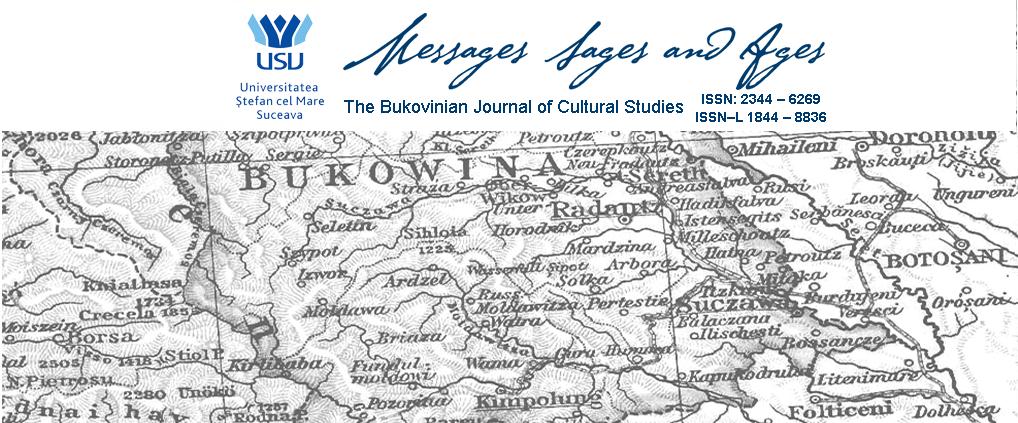Abstract: This paper is constructed as an elaborate answer to the question “what is and what should be a public intellectual today?” Using a range of critical theorists I argue that the function of a public intellectual is connected to…
POST-TOURISM AND THE MOTIF OF REGRESSION IN JULIAN BARNES S ENGLAND, ENGLAND
Abstract: The present paper starts from the assumptions and concepts of Zygmunt Bauman, George Ritzer and Jean Baudrillard concerning the regressive nature of the act of consumption and its “conceded freedoms” (Baudrillard), which infantilize the consumer and ensure high social…
A PERSON NOT IN THE STORY: CLERAMBAULT S AND M. R. JAMES S TEXTILE/TEXTUAL FOLDS
Abstract: Though unrelated when it comes to their scientific occupations, Clérambault and M. R. James give to the 21st-century observer the impression that they were strikingly similar in their compulsive preoccupation with draped bodies or with what Gilles Deleuze names…
CANON, CLASSICS, TRADITION: DEMARCATION OF THE TERMS
Abstract: The canon is a concept with a long history. The religious canon was eventually re-established on secular grounds, where it was comprehended in the categories of official literary (general) and personal (individual) canons, educational canon (reading lists) being correlated…
VEILED TRUTH IN ENDURING LOVE AND ATONEMENT
Abstract: The article tries to demonstrate that Ian McEwan’s novels, Enduring Love and Atonement, are similarly concerned with the way in which fiction writing is more apt to veil “truth” than to unveil it, also to invite partial readings of…
SENTENCE-IDENTITY BUILDING: A SYNTACTIC RESOLUTION OF AMPHIBOLY CAUSED BY PREPOSITIONAL-PHRASE ATTACHMENT
Abstract: Amphiboly is a matter of linguistic ambiguity, which, in its turn, is essentially related to the intractable natural issue of the disparity between what we can possibly think and what we can actually express through language. The papers on…
SUCEAVA ON CAMERA: THE COUNTY COUNCIL AND LOCAL SELF-IDENTIFICATION IN 21ST CENTURY ROMANIA
Abstract: In post-communist Romania, regional self-identification has undergone significant change. Particularly, a paradigm shift occurred in relation to 20th century Romanian historiography (I have in mind the national communist as well as inter-war historic narratives). The literature and the promotional…
THE PROBABLE OLD GERMANIC ORIGIN OF ROMANIAN iele (evil) fairies
Abstract: Iele (or ielele, with a definite article) is the name of the “evil fairies” (zânele rele) of the Romanian mythology. They are mentioned in old Romanian folktales and legends and they have been a constant source of inspiration for…
AN ETYMOLOGICAL PROPOSITION: OLD GERMANIC GOD-SPOD GOOD FORTUNE AS SOURCE OF OLD CHURCH SLAVONIC GOSPOD LORD, MASTER
Abstract: A thorough checking of the data provided by three etymological dictionaries, namely Georgiev et al. 1971 (s.v. gospod), Vasmer 1986 (s.v. gospod) and Derksen 2008 (s.v. *gospod), would be enough to raise serious doubts about the application of the…
